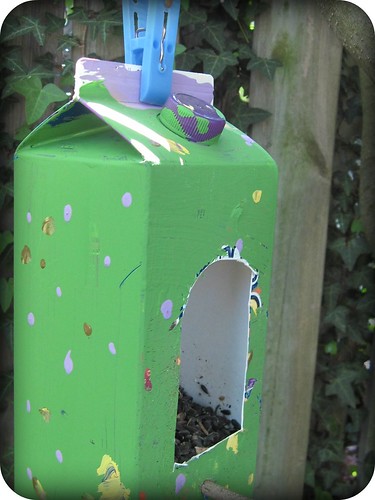 I know many of you spend a lot of time online, but do you also like to gab on the phone? Do you still have a landline, or do you just use a mobile?
I know many of you spend a lot of time online, but do you also like to gab on the phone? Do you still have a landline, or do you just use a mobile?
This week my husband is going to get rid of our landline. Why? It costs a lot of money each month and we almost never use it. I use video chat to talk to my best friends, clients, and colleagues. I use my cell phone to text my family members and I use email, twitter, and blogs to keep in touch with friends around the world. We have moved so many times in the last few years that most of our friends don't even know our home number. The phone sits in its cradle and sleeps most of the time. And yet, I wonder if I will miss the phone. Sometimes you don't know what you've got until it's gone.
This month, let's write telephone conversations! But, wait. It's not going to be that easy. We are going to practise using homophones for our transcripts.
Homophones are words that have the same sound but different meanings.
Your Task:
1) Click on EC's NEW list of homophones.
2) Choose a list. (Use an appropriate level, or just choose the list that inspires you.)
3) Write a fictional phone conversation between you and another member of MyEC. (You can do this challenge as a pair if you prefer.) Write it on your own blog (or in the comments below as Expector did)
4) Use as many homophones from your list as possible in the transcript of your telephone conversation. Place the homophones in bold. (Try to use at least 3 sets of words.)
5) Come back to this post and share a link to your Homophone Telephone Conversation.
6) If you use video or voice chat, try practising the conversations with a learning partner. Or, record your conversation and post it on your blog or in the Audio Speaking Group. You can even record half of it, so that others can practise saying the other half.
Check out telephone English for tips on expressions to use over the phone.
My Example (based on the Advanced Homophone List):
Nadira: Hello?
Tara: Hi, is Nadira there please?
Nadira: Speaking.
Tara: Oh, hey Nadira. Do you have a minute to chat?
Nadira: Sure, I'm just on my break. What's up?
Tara: Not much, what are you up to?
Nadira: I'm just watching my students from the window. They're having a bawl playing ball out in the field. It looks like they lost the ball in some hay.
Tara: Sounds like great fun. I figured I'd kill some time while I make dinner. I just got out a block of cheese to grate on my homemade pizza.
Nadira: Well, I'm glad you called. I need some advice about making pizza with my students. Every time I try to knead the dough, it feels too tough. I'm using the recipe you gave me. My students are learning about following instructions.
Tara: Aha. It sounds like you need to let the dough rest.
Nadira: That's what I thought. One of the students tried to wrest the dough out of my hands. He wanted to throw it over his head like they do in the movies. The dough fell on the floor.
Tara: You should give him extra homework tonight as punishment. You could make him write a hymn for MyEC. We already have a theme song, but...
Nadira: Well, he already has an essay due tomorrow. I don't want to be too hard on him. Say, how's the weather in Canada?
Tara: I think spring is coming. I saw dew on the grass this morning instead of frost.
Nadira: You must be happy about that. I heard on the news that you have had a very cold winter.
Tara: Yes. Say. What's that I hear through the phone? It sounds like a herd of elephants.
Nadira: Oh, that's just my students running down the hall. I guess I'll have to let you go. I need to haul them back to English class. Thanks for the tip about the dough.
Tara: No problem. Thanks for keeping me company while I made my pizza.
Nadira: Talk to you later.
Tara: Bye.
Listen to half of the conversation. You say the other half! (Open another browser to view the transcript at the same time.)



